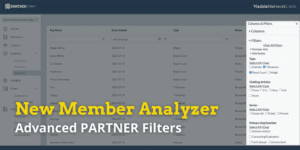Evaluating a Gates Foundation Community of Practice to Drive Impact
The Bill and Melinda Gates Foundation used PARTNER to evaluate their Networks for School Improvement Portfolio to demonstrate their impact and strengthen their programs.
Case Study Executive Summary
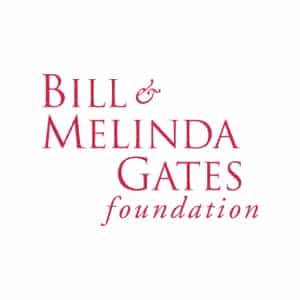
The Bill and Melinda Gates Foundation Networks for School Improvement use continuous improvement approaches and peer-learning to improve high school graduation rates, college readiness, and success. We helped the Foundation identify what participants gained through the networks, map the relationships forming, and explore the information shared and activities being taken.
We used the PARTNER CPRM to map and visualize each of the networks, including data on the quantity and quality of relationships in each of them. The results demonstrated that the programs have a significant impact, developing innovative new services and programs in more than half of all schools. The Foundation plans to conduct ongoing analysis in the future to continue learning and improving.
The Networks for School Improvement Portfolio.
The K-12 team at the Bill & Melinda Gates Foundation aims to significantly increase the number of Black and Latino students, and students experiencing poverty who earn a diploma, enroll in a postsecondary institution, and are on track in their first year to obtain a credential with labor-market value.
Networks for School Improvement are built upon a central hypothesis: When school teams are able to use continuous improvement approaches to achieve better outcomes for students and learn from each other with the help of a supporting intermediary organization, they will advance high school graduation and college readiness and success.
Through three competitive Request for Proposal (RFP) processes, 30 organizations in over 20 states were selected for this portfolio, and all were invited to participate in the Networks for School Improvement Community of Practice (NSI CoP). Within the NSI CoP, partners support each other to share best practices and innovations that improve learning outcomes for their own school networks.

The Foundation prioritized learning how the network was functioning and impacting outcomes.
With the local networks assembled and the Community of Practice up and running, the Gates Foundation wanted visibility and understanding into how this “network of networks” was making impact on outcomes. Specifically, they sought to learn:
- What are participants gaining from being part of this network of intermediaries?
- What relationships among NSI intermediary organizations are forming, and why are they motivated to connect?
- What information is being shared among members, and how are members leveraging connections to access resources and advance their outcome goals?
- Is the peer-to-peer approach of the NSI CoP working, and how could the Gates Foundation improve the NSI CoP?
Developing a plan, collecting, analyzing and visualizing the results.
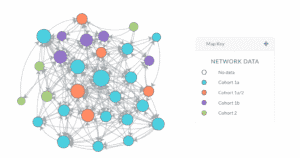

Translating the results into actionable network insights for growth.
The visualization of the network helped the foundation test their assumptions about their Community of Practice and its participants in terms of centrality and influence. While some of the findings were unsurprising, it also helped them identify partners and influence they may have missed without some kind of network analysis. With a bird’s eye view of their network’s structure, they better understand how their partners interact with each other, share information, and leverage value from peers in the community. Two findings stood out in validating their network approach:
- More than half of respondents stated their home organization developed or improved programs or services it delivers as a result of participation in the NSI CoP.
- CoP participants overall demonstrated their interest in sustaining the network, illustrated by two-thirds of respondents stating they were either somewhat likely or very likely to stay engaged with their partners even without funding.
The network data collected via PARTNER, the Platform to Analyze, Record and Track Networks to Enhance Relationship, is helping the team at the Gates Foundation adjust plans for the NSI CoP, and find opportunities to strengthen its impact on K-12 education for Black and Latino students and students experiencing poverty.
|
|
Thank you for Signing Up |


More VNL Case Studies
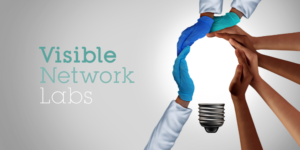
Our Work with Accountable Communities of Health
Across the United States, Accountable Communities of Health (ACHs) are collaborating and partnering with communities, and the people and organizations within them to deliver on a shared goal – building places that thrive and improve health and well-being for all community members. Learn More Background
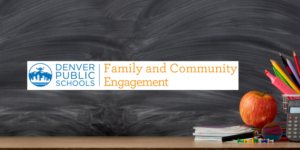
Helping Denver Public Schools Visualize its Networks
When school administrators within Denver Public Schools’ Central Office identified a need to better understand their evolving internal professional and community relationships, they turned to Visible Network Labs to get clarity. Learn More Executive Summary Denver Public Schools’ (DPS) mission is for all students, regardless
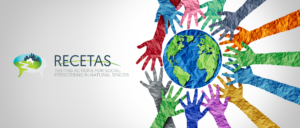
Our Work With RECETAS
Explore our partnership with RECETAS, a global project. Visible Network Labs’ Data Science team used our PARTNER CPRM tool to analyze organizational networks in six cities around the world – to help RECETAS better understand an innovative way of promoting mental health and well-being. Learn






